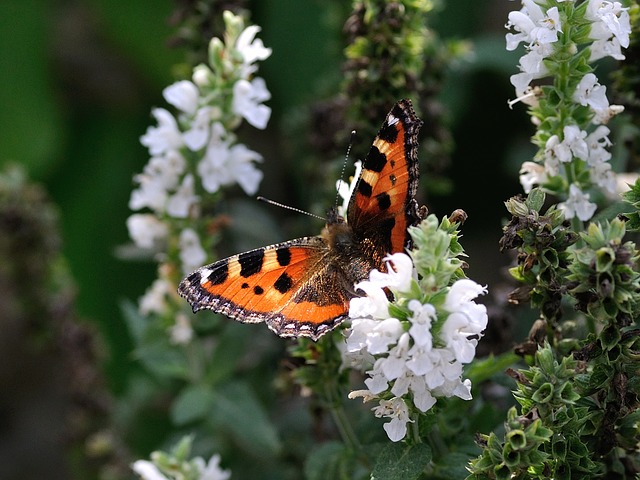
National Pollinator Week is a week in June where we celebrate the bees, birds, butterflies, bats, moths, flies and beetles that keep an ecosystem healthy and which support much of our wildlife and watersheds.
Here are some amazing facts, courtesy of the Pollinator Partnership:
- Between 75% and 95% of all flowering plants on the earth need help with pollination.
- Pollinators provide pollination services to over 180,000 different plant species and more than 1200 crops.
- One out of every three bites of food we eat is because of pollinators.
- Pollinators add $217 billion to the global economy and honey bees alone are responsible for up to $5.4 billion dollars in agricultural productivity in the U.S.
- Pollinators also support healthy ecosystems that clean the air, stabilize soils, protect from severe weather and support other wildlife.
Unfortunately, our flying friends are in trouble. The reasons are many, but the use (and misuse) of chemicals play a large role in the shrinking pollinator populations.
What Can Homeowners Do?
It’s easy to blame industrial farming practices and commercial agriculture for the decline in pollinators, but homeowners use up to 10 times as many chemicals as farmers do per acre. Visit any neighborhood in the U.S. and you’re likely to find plenty of pesticide in garages and sheds alongside gardening tools.
Harsh chemicals should be a gardener’s last resort for getting rid of pests and disease. (Where do you think those chemicals end up?) One natural way for dealing with pesky pest problems is to choose native plants that are well-adapted to your specific climate.
Another way to help with natural pest control is to grow a diversity of plant types and plant sizes. A variety of flowers that bloom at different times during the growing season helps ensure that there is ample food supply for the “good guys,” i.e., the beneficial bugs that eat the “bad guys.” Diverse plantings also provide protective habitats for birds, butterflies, bees and other pollinators.
Think that pollinators only live in the country? Wrong! Pollinators don’t seem to mind life in the city and/or the suburbs, as long as there are patches of flowers that they can visit. Community gardens, backyard plots, container terraces—they all play an important part in attracting a diverse community of pollinators.
Last but not least, use products that are approved for organic production by the Organic Materials Review Institute and have the “OMRI Listed” seal. One such product is Cascade Minerals Remineralizing Soil Booster which is made entirely of volcanic basalt, with no synthetic materials or man-made additives. By returning essential minerals and trace elements to the soil, it increases microbial activity and supports healthy plant growth while reducing or eliminating the need for synthetic fertilizers.
The soil will thank you, your plants will thank you—and our pollinators will thank you, too.
